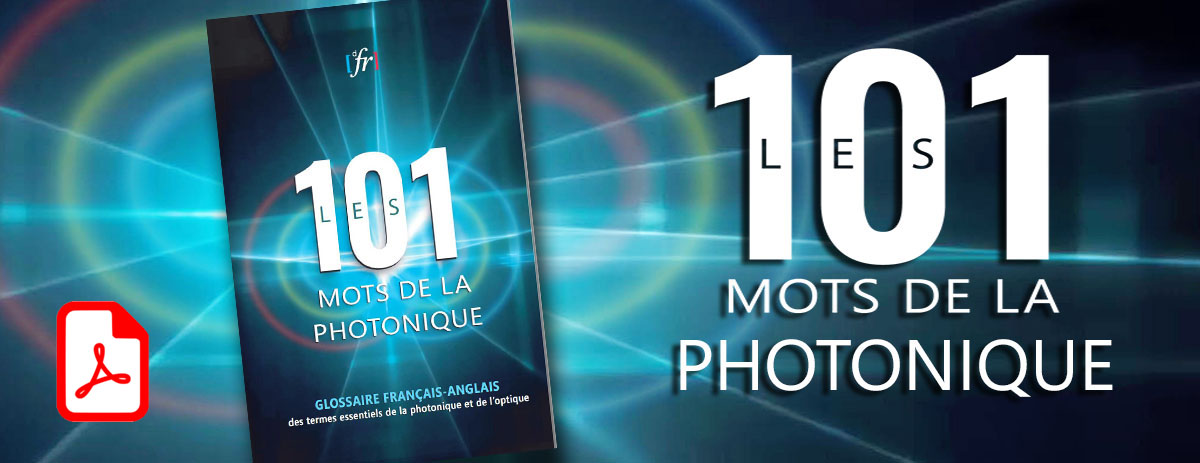Statistical Hypothesis Testing
en construction
Définition
XXXXXXXXX
Français
XXXXXXXXX
Anglais
Statistical Hypothesis Testing
Statistical hypothesis testing is the formal process of accepting or rejecting assumptions made about a population parameter. The hypotheses are chosen by looking at two sets of random variables, or a random sample from a model, and then testing the probability that any difference between the two sets is caused by either chance/error or non-random influence. Unlike other forms of scientific hypotheses, there are only two possible statistical assumptions a researcher can make:
The null hypothesis, expressed by H
0, is the assumption that the sample observations only differ because of random chance or sampling error. The alternative hypothesis, expressed by H1 or Ha, is the exact opposite. This assumes the sample observations are not affected by sampling errors or chance and instead are influenced by some non-random cause.
Contributeurs: wiki










